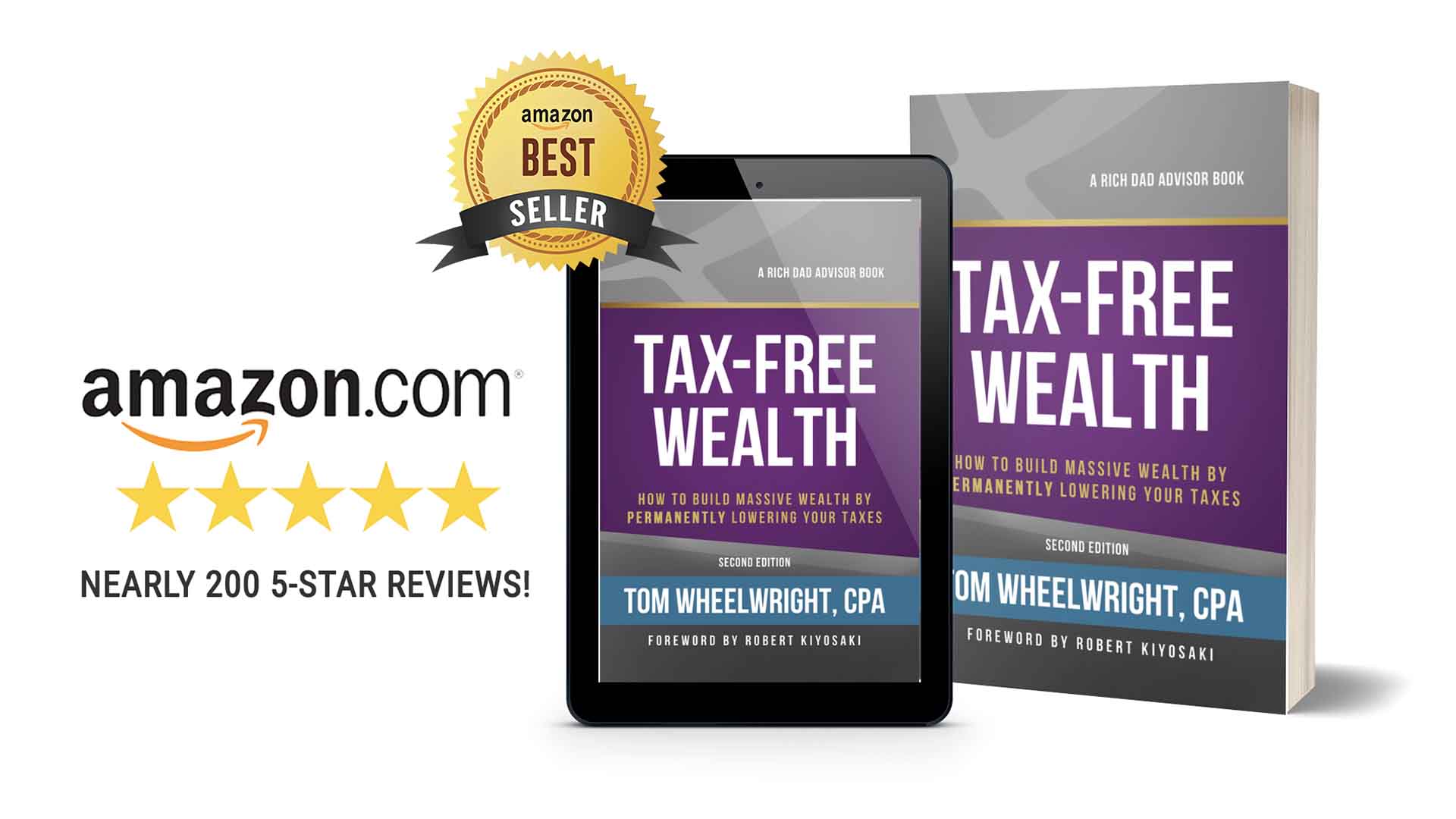A couple of months ago, the Wall Street Journal ran an article called, “Learning to Love Volatility.” In the article, the author suggested that we should just let the market do its thing and allow for volatility rather than always trying to manipulate the market and the economy. In the end, the article suggested, there would be smaller swings without the huge booms and busts that inevitably come with economic manipulation.
I loved this article because it is exactly what I was proposing back in 2007. Rather than bail out the big banks and industries, let them take their hard knocks. The result would have been painful, but much less painful than the upcoming bust that is sure to occur as the Fed continues to feed the balloon we call the U.S. economy and the European Central Bank feeds the Eurozone economy with more and more stimulus through bond buying.
The reality is that there simply is no way to stave off the bust forever. Current politicians and banking officials just don't want the bust to occur on their watch. So they make it worse for our children and grandchildren. That said, there is much we can do to reduce the consequences of our own booms and busts.
The most important thing we can do is to get financially educated. Understanding the fundamentals of money, taxes and debt are key to reducing the impact of financial downturns. For example, simply understanding that we must ALWAYS buy assets that produce positive cash flow will significantly reduce the size of our own economic downturn.
Let's say, for example, that there is another downturn in the real estate market. If we have strong cash flowing real estate, while our rents may dip and our net worth may take a turn for the worse, we will still have positive cash flow. Contrast this to the strategy that many took in 2005 and 2006 of buying properties that had breakeven or negative cash flow in the hopes that there would be an increase in value. Those people got killed by the real estate crash.
Others, like my buddy and fellow Rich Dad Advisor, Ken McElroy, ended up richer after the crash than they were before the crash. Why? Simply because they had the financial education and followed a sound strategy of only buying properties with positive cash flow.
Another key to reducing the level of volatility is a strategy of investing in only that class of assets that you know the best. This is admittedly contrary to the common advice of diversification. Diversification simply doesn't work. The reason is that you can't diversify across a bad economy. What you can do is become so knowledgeable in a single asset class as to be able to produce positive results in a good or a bad economy.
Again, this is what Ken did during the real estate crash. At ProVision, we are doing the same in our asset class – business. We know our business so well, that we have done much better in a poor economy than we ever did in a booming economy.
So embrace volatility – don't fight it. Create your own wealth strategy so you can thrive when others are struggling.
Stay tuned for news on a new website I'm launching that will help you create your wealth strategy.
Warmest regards,
Tom



Thanks for posting the article on the 10th of January. It was helpful and straight to the point.